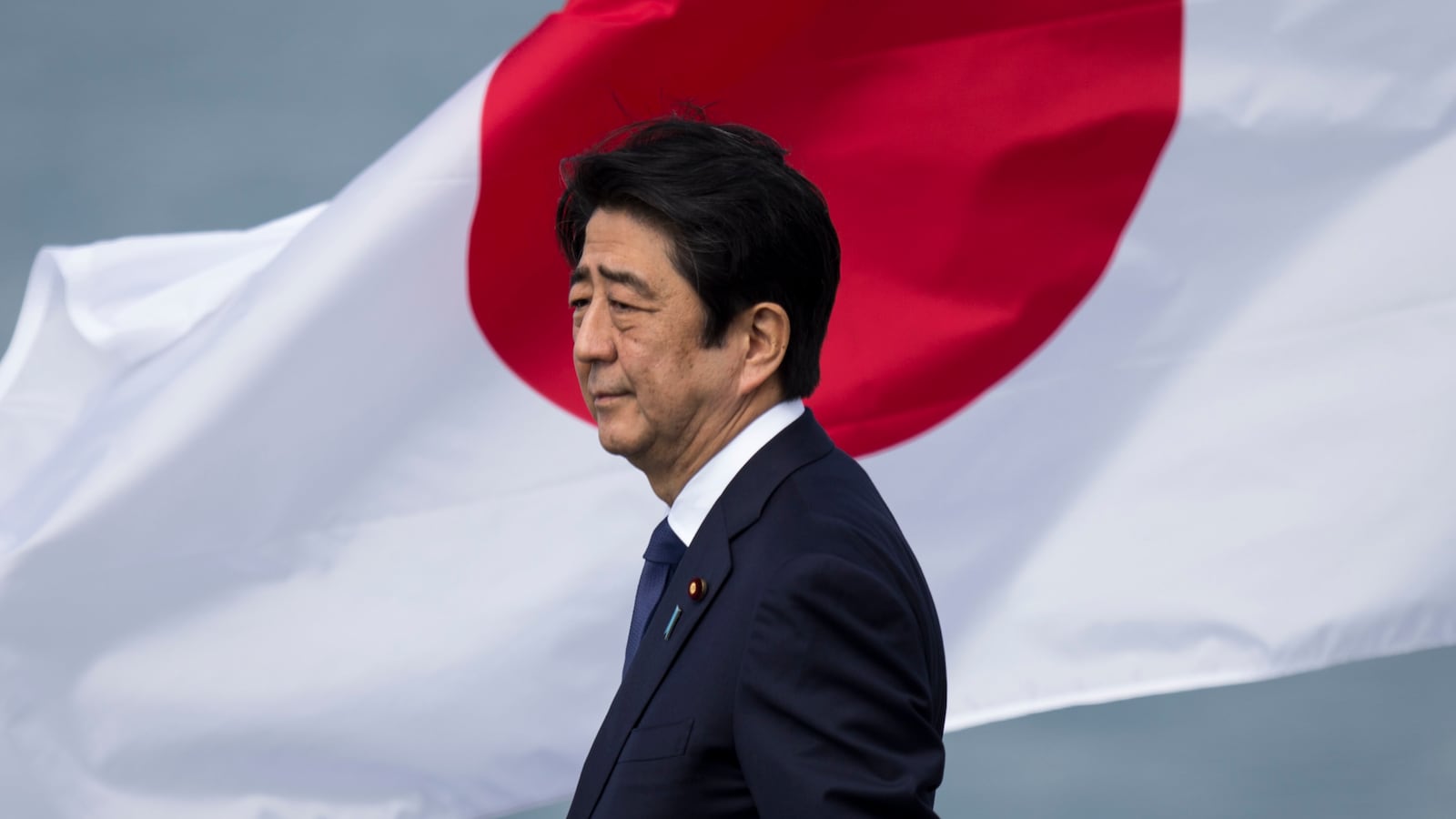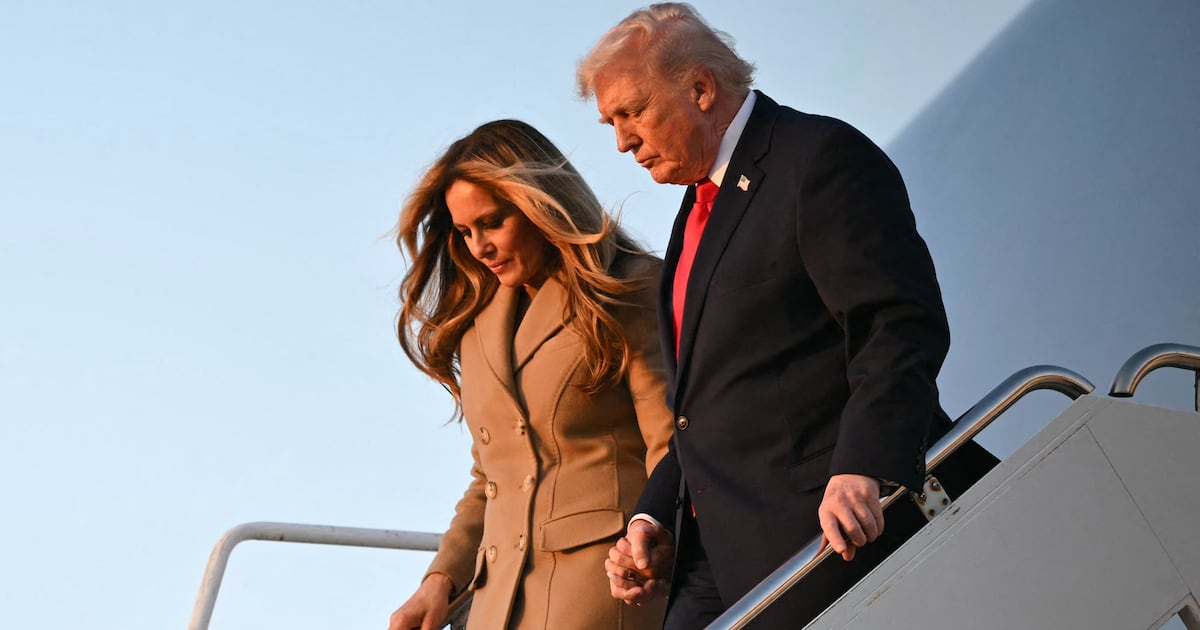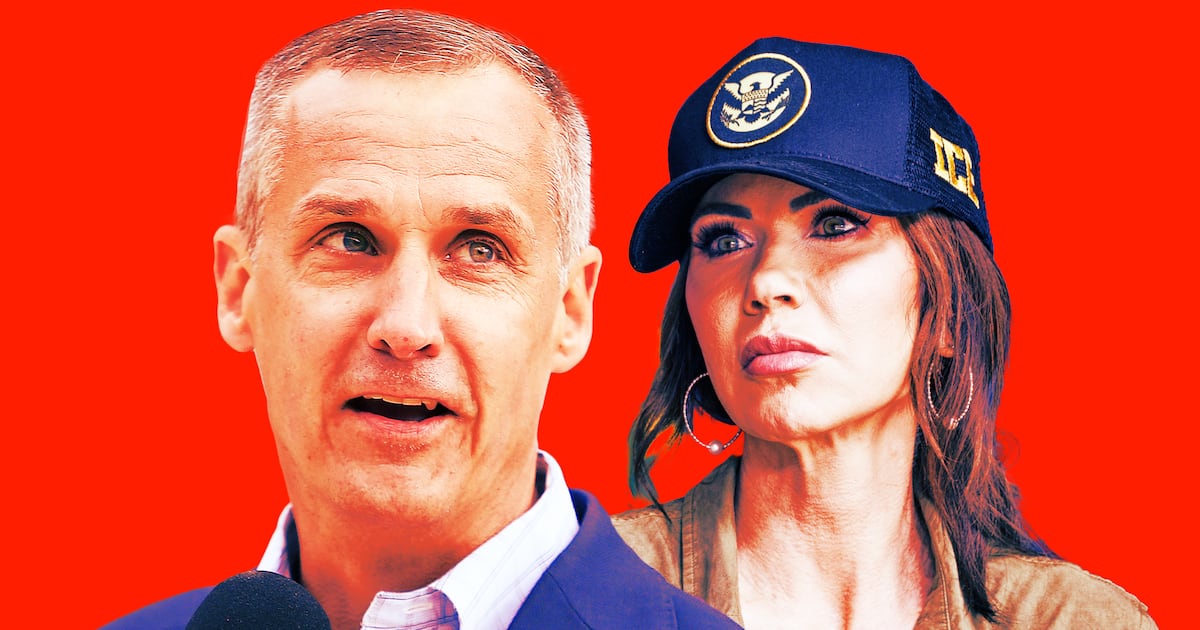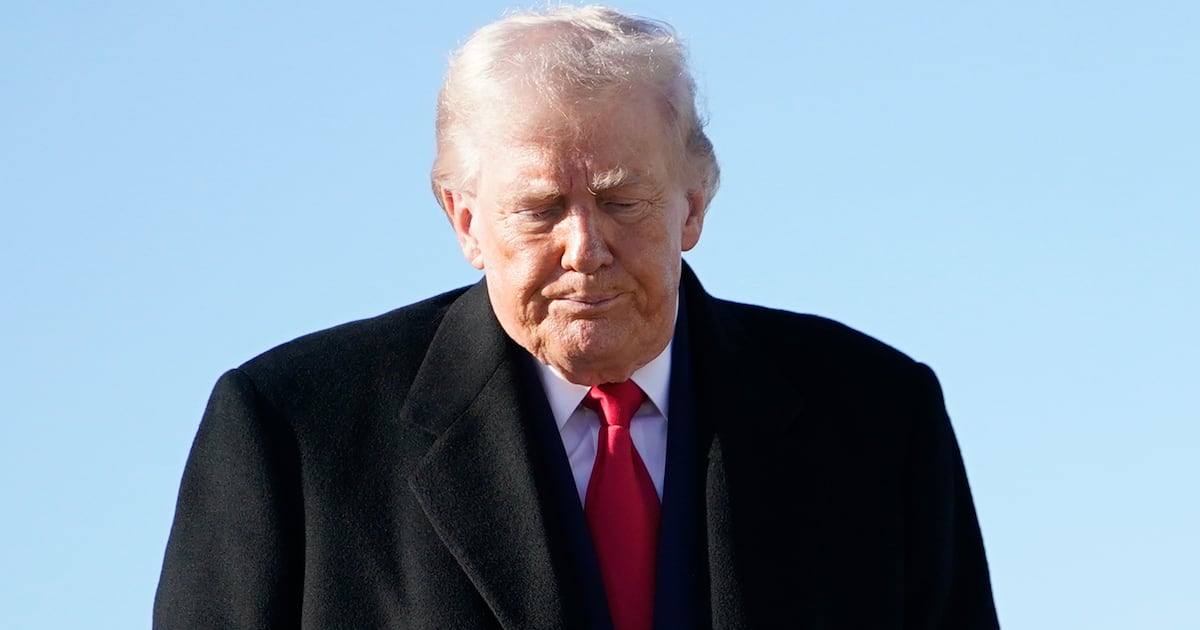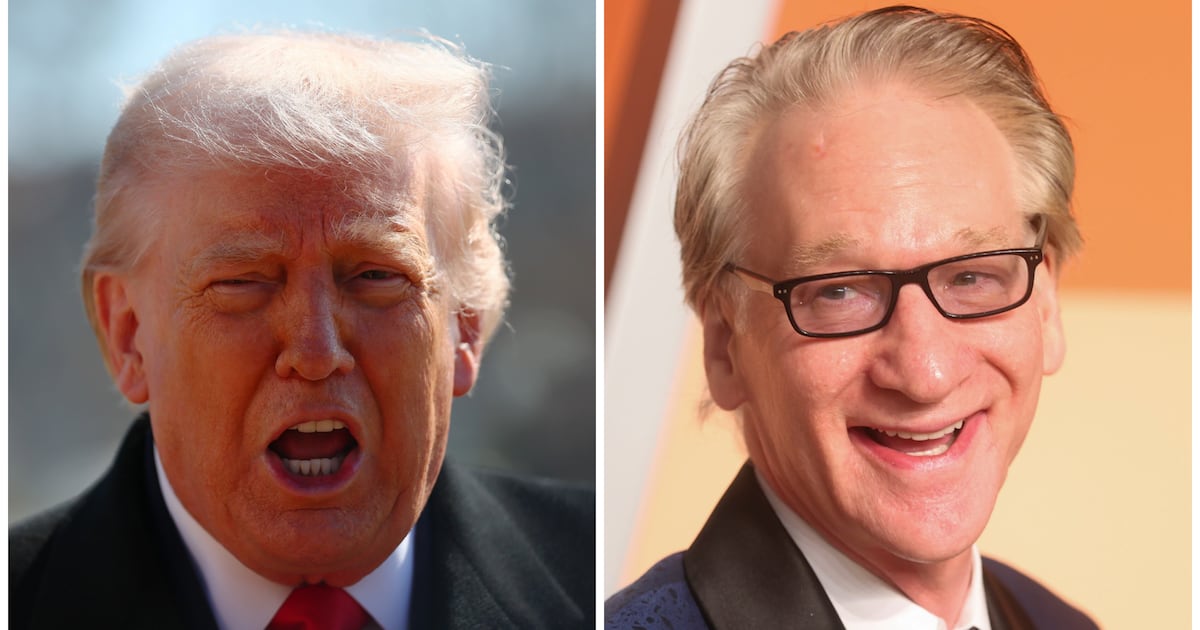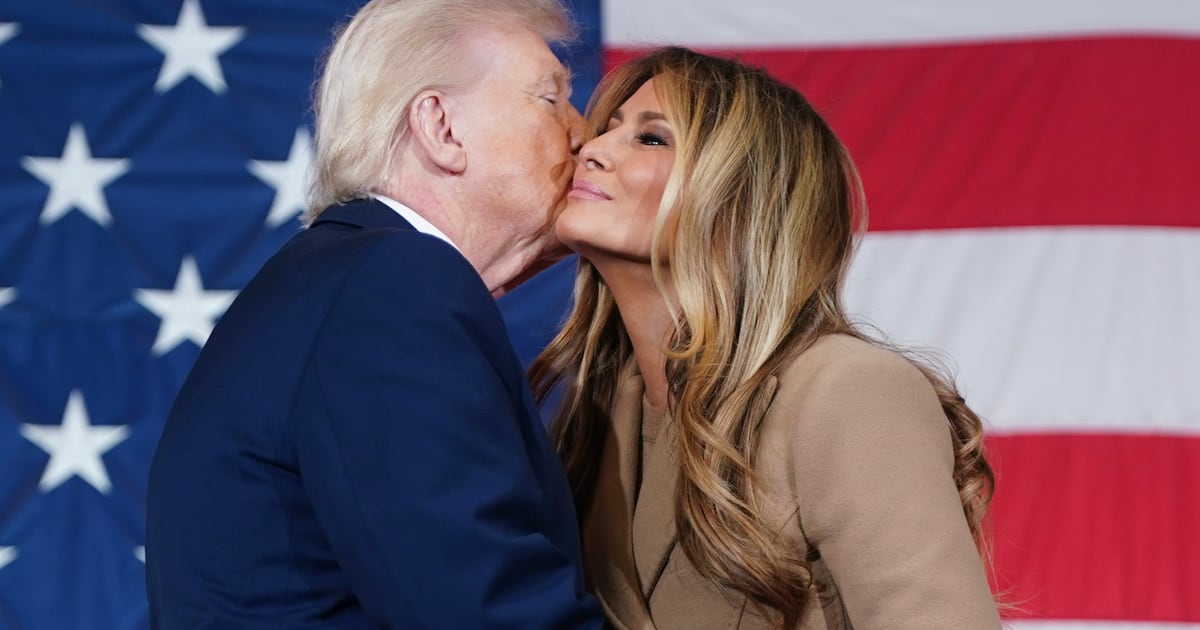Japan’s prime minister, Shinzo Abe, decided to resign Friday ostensibly because of his health, but also because he fears the unpleasant and unhealthy conditions of a Japanese prison.
At a press conference, he cited his painful stomach condition ulcerative colitis as the reason for stepping down, but he leaves at a time when his ratings are plummeting and he is under at least one criminal investigation, with the public clamoring for the reopening of other cases.
Abe is not resigning; he is escaping.
He is under investigation by the Japanese prosecutors for violations of election laws, similar to those his former handpicked justice minister is now being tried for in the lower courts of Tokyo. Testimony in that case may implicate Abe in the political scandal as well.
Abe’s efforts to shield himself from investigation by Japan’s authorities have fallen apart.
A high-ranking member of the Liberal Democratic Party (LDP), of which Abe also serves as president, told The Daily Beast on conditions of anonymity, “If Abe had been able to stack the prosecutor’s office with his choice—he’d still be clinging to power. His choice for the next head of the National Police Agency, Itaru Nakamura, was sidelined this month and Abe fears being arrested by either the prosecutors or the police. Resignation now allows him to escape a lot of scrutiny.” Nakamura was the high-ranking police chief that ended the rape investigation of Abe’s unofficial biographer.
A source in the Ministry of Justice told The Daily Beast, “It’s a done deal. Abe resigns taking ‘social punishment’ and several criminal investigations into his conduct are going to be closed.” Former special prosecutor Nobuo Gohara says, “It doesn’t seem like a coincidence that he resigns the same week a criminal trial has started in which Abe’s involvement will become a central issue.”
The Tweet of Defeat
This year, Abe’s approval ratings sank as low as 27 percent in opinion polls. You’ll see many things cited in the Japanese press in the coming days about what caused Abe’s grip on power and popular support to fail. There have certainly been many gaffes this year. He ignored the growing threat of the novel coronavirus due to his obsessive desire to hold the Olympic Games, which meant that Tokyo had to appear safe. His plan to distribute two face masks to every household, when masks were in short supply, was an expensive disaster. The masks were too small, dirty, and they were slow to be delivered. They were ridiculed as “Abe No Mask,” which sounds much like “Abenomics” when said in Japanese. Abenomics was the PM’s much-touted fiscal policy that involved the imaginary “arrows” of monetary easing and financial reforms, but the overhaul never came and the policy was a total failure.
Abe claimed that Japan’s “if you don’t test, you don’t know” coronavirus policy had worked fantastically, until it failed and the infection rates began shooting up again. This was accelerated by his obstinate push for the implementation of a weirdly named promotional campaign,“Go to Travel,” which ended up translating for many people to “Go to Quarantine” as the pandemic resurged.
What has derailed his popularity isn’t his poor handling of the coronavirus pandemic, but an ill-timed attempt to consolidate his power in the midst of it. #SayonaraAbe (in Japanese) was trending on Twitter months ago.
The end of the Abe era began with a single tweet that started his downward spiral in May. There is some irony in a prime minister who invested so much energy controlling Japan’s mainstream media being taken down by social media.
On the evening of May 9, there was a tweet by a 35-year-old female office worker that sparked an inferno of public dissent. The resulting tweetstorm was fueled by Japan’s usually apolitical celebrities and former prosecutors. Even LDP members expressed dissent.
The content of the tweet seems rather prosaic. “I protest the proposed changes in the Public Prosecutor Office Laws.” There were 8 million tweets with the hashtag “I protest the proposed revision of the Public Prosecutors Office Law,” by May 14.
Here’s the backstory.
Abe has slowly exerted his control over government agencies, public broadcaster NHK, and even the media. In 2014, he created a Cabinet Personnel Bureau that gave the cabinet control over the appointment of hundreds of top-level bureaucrats. Ambitious government workers paid attention, and have since worked hard not to offend him and gain favor. He has incentivized them to cover up scandals without being directly asked. He has wined and dined the press to curry favor, and bullied them relentlessly when displeased. Japan’s press-freedom ranking was No. 22 when he took office; it now ranks 66th.
At the start of the coronavirus pandemic, Abe and the ruling LDP lobbied for changes in the constitution that would give the cabinet absolute authority in an emergency. The attempt failed but even conservative magazine PRESIDENT called it in an opportunistic and despicable grab for power. When he tried to put the public prosecutor’s office under his thumb this summer, he was going too far.
Fatally Wounded
The move against the prosecutors began on Jan. 31, when the Abe cabinet decided to delay the retirement of Japan’s second most powerful prosecutor, Hiromu Kurokawa. Kurokawa was reportedly very close to Abe and cabinet secretary Yoshihide Suga. The press referred to him as “the guardian deity of the Abe cabinet.”
The majority of prosecutors are required by law to retire at 63; Kurokawa was allowed to stay on. Abe claimed this was not a problem because his cabinet had “reinterpreted the law” to make it possible. The opposition, legal scholars, and the public vehemently disagreed.
The administration stood its ground but later proposed an amendment to the Public Prosecutor Laws. This was seen as a retroactive attempt to justify keeping Kurokawa in office, and clearing the way for replacing the top prosecutor in Japan.
Former Prosecutor-General Kunihiro Matsuo and other ex-prosecutors wrote a protest letter to the Ministry of Justice stating explicitly that they believed the revisions were an attempt by the Abe administration to have prosecutors act in accordance with their will. The letter quoted John Locke: “Wherever law ends, tyranny begins.”
Abe defended the bill in parliament, “There will be no instances of [prosecutorial] personnel affairs being determined arbitrarily,” he said. Only 16 percent of the public believed him.
Typically, Abe would ramrod the bill into law anyway, as he has done with other unpopular legislation.
By May 18, his approval ratings had plummeted to 34 percent. The same day, the LDP agreed to temporarily table the legislation.
That evening, more than 600 lawyers submitted legal briefs to the Tokyo prosecutors office accusing Abe of misusing public funds to hold cherry blossom viewing parties for his constituents, a scandal that became known as “Cherryblossom-gate.”
Bad luck followed Abe’s bad decisions. The weekly magazine Bunshun reported that Kurokawa had routinely played mahjong with reporters, gambling on the games in clear contravention of Japanese law. Kurokawa was given an admonishment and allowed to resign.
After nearly a decade in power, Abe has become haughty, declaring in parliament last year “I am the nation.” He has been winning for a long time, but no one’s luck lasts forever. The legislative attempt to subvert the prosecutors may have been, to paraphrase the title of an epic war film, a bill too far. It was later abandoned entirely.
Already on Trial?
The current investigation of “Cherryblossom-gate” is not the only problem facing Abe.
He is being dragged into the high-profile trial of a close friend and supporter. This June, Katsuyuki Kawai, 57, a House of Representative member and his wife, Anri Kawai, 46, a member of the House of Councilors, were indicted on suspicion of handing out millions of yen in cash to politicians and supporters in Hiroshima Prefecture. This was allegedly in return for their efforts to secure votes in the Upper House elections held in July 2019. Abe appointed Katsuyuki minister of justice in September 2019; Katsuyuki resigned on Oct. 31.
Their trial began this week.
The LDP headquarters provided nearly $1.5 million (150 million yen) or more in campaign funds to Anri Kawai, and some of that money may have been used in bribing local politicians to help round up votes. If Abe himself, as president of the LDP, approved the whopping funding for Anri, he will move into the spotlight.
Former Special Prosecutor Nobuo Gohara told The Daily Beast, “It seems clear from the opening statements by the prosecutors in the case of Kawai, that they will show Prime Minister Abe’s involvement in this case. For a former minister of justice, hand-picked by Abe to be involved in bribing other politicians—outrageous. Even if Abe can avoid criminal responsibility, he has a moral responsibility in the matter.”
Gohara sees Abe’s inability to stomach his position as part of the stress of not knowing when or if he will be implicated in the current trial.
There is a third fire burning under Abe’s feet, one known as the Moritomo-gakuen case. In 2017, it became clear that government land valued at nearly $8 million had been sold to a right-wing school operator for $1 million, reportedly at the urging of the prime minister and his wife, Akie. The school was going to be named Abe Elementary. When the scandal came to light, bureaucrats in the ministry of finance altered and destroyed documents to cover up Abe’s involvement. One government official, Toshio Akagi, refused to play along and killed himself in protest in March 2018. He left behind incriminating documents that his widow revealed this year. Over 70 percent of the Japanese public now wants a reopening of the investigation into the Morikake case.
He didn’t learn
Abe virtually vanished for a month this summer, avoiding all press conferences and parliamentary discussions. He can now avoid discussing the scandals surrounding him very easily. He has seemingly timed his publicized visits to the hospital this week in a way to make sure that questions about his involvement in corruption cases were not asked. By visiting Keio Hospital on Aug. 24, the day before the Kawai trial, attention was shifted from his role in the case, to whether or not he was going to be able to continue as prime minister.
Abe’s great escape is not as dramatic as the flight of former Nissan Chairman Carlos Ghosn, but it’s a valiant effort.
Abe was Japan’s longest reigning prime minister in its constitutional history, but never has so little been accomplished in such a long period of time. If he leaves any legacy at all, it is a number of bills passed into law that were so unpopular they now lie like landmines and may blow up Japan’s brittle democracy someday. Those laws include: a draconian conspiracy law that seems right out of the sci-fi film Minority Report; a repressive and Orwellian state secrets law that will muffle the press and whistleblowers; and the Peace Preservation Act, which allows ostensibly pacifist Japan to wage war.
This was his second term in office after a disastrous stint from 2006 to 2007. He was able to resurface due to the support of the right-wing Shinto cult Nippon Kaigi, which will continue to yield great power in parliament long after Abe.
They say those who don’t remember history are doomed to repeat it. Perhaps the root of Abe’s folly is that he is a well-known historical revisionist, the grandson of a war criminal, who has never been able to admit to the atrocities committed by Japan in World War II; many of his political appointees and allies admired Hitler. He’s been so busy trying to deny the past that it seems Abe can’t even learn from his own history. His life is a re-run.
He leaves office much the same way he did when he stepped down in 2007: unable to handle the job while mired in scandals involving his cronies; unpopular, considered incompetent, and irrelevant.
He will not be missed.

